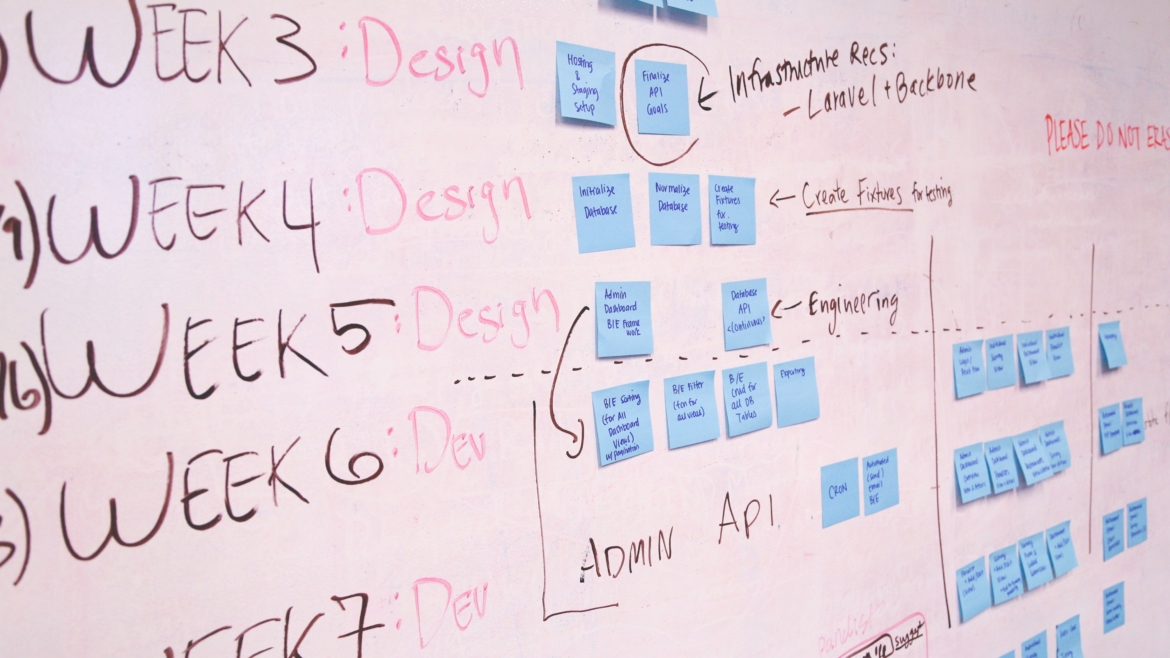I got passionate about Agile more than 12 years ago when I was a Software Developer in search of better software quality. Agile Delivery became my mantra as a developer (Clean Code, Refactoring, TDD/BDD, eXtreme Programming), as team leader and Agile Coach to better organise the way of working within the team, group of teams and the whole organisation.
Agile is one of the most important and transformative methodologies introduced to the software engineering discipline in recent decades, helping software teams efficiently create customer-centric products.
Agile delivery is an iterative approach to software delivery in which teams build software incrementally at the beginning of a project rather than ship it at once upon completion.
Agile development means taking iterative, incremental, and lean approaches to streamline and accelerate the delivery of products.
Organisations that adopt Agile delivery practices can gain a competitive edge in a fast changing market. Businesses that empower teams to use Agile development practices satisfy discerning customers and adapt to new technologies, helping them to develop the products that set the standard for industries.
It’s not just businesses that benefit from Agile delivery. Customers have more substantive experiences with organisations when their needs are met and their feedback makes a difference in product development. Customers appreciate when their input and expectations help shape an organisation’s releases.
-
Scrum
Scrum is an approach that emphasizes continuous improvement, self organisation, and experience-based learning. By utilising user stories, tasks and backlogs, teams have a structured model to carry them across a software development lifecycle. Teams that use a Scrum approach to development are likely to be committed, respectful, and focused.
-
Kanban
Teams that use a Kanban method favour transparency and communication. Tasks are organised using Kanban cards on a board to enable end-to-end visibility throughout production. Three practices guide Kanban: visualise work, limit work in progress, manage flow. Teams that use a Kanban framework are collaborative, transparent, balanced, and customer focused.
